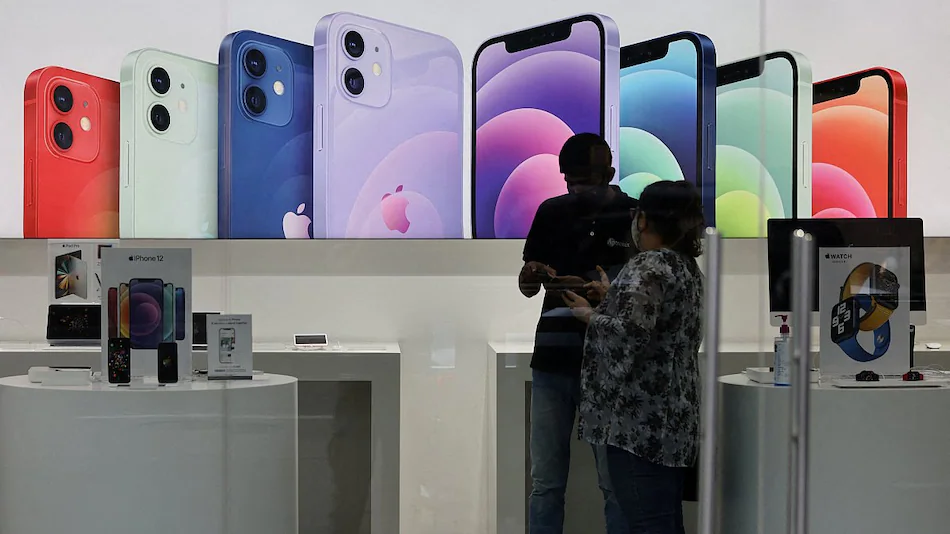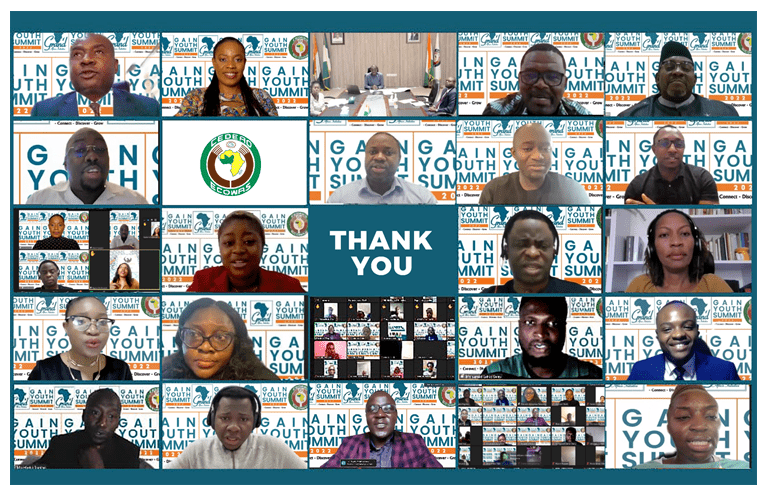CCI Launches Antitrust Probe of Apple App Store

The Competition Commission of India (CCI) ordered a thorough investigation into Apple on Friday for alleged unfair business practices in its App Store.
It was claimed that Apple engages in anti-competitive restraints and dominant practices in markets for the distribution of applications (apps) to users, as well as the processing of payments for digital content used within iOS mobile apps.
Apple Inc. and Apple India Pvt Ltd were named in the complaint.
The watchdog stated in a 20-page order that Apple’s App Store is the only channel for app developers to distribute their apps to iOS consumers, and that it comes pre-installed on every iPhone and iPad.
“Furthermore, third-party app stores are not permitted to be listed on Apple’s App Store because the developer guidelines as well as the agreement prohibit app developers from offering such services… these restrictions imposed by Apple foreclose the market for app stores for iOS for potential app distributors,” the order stated.
According to the CCI, this appears to result in potential app distributors/app store developers being denied market access, which is a violation of competition norms.
Furthermore, such practices appear to limit/restrict the technical or scientific development of services related to the iOS app store, owing to reduced pressure on Apple to continuously innovate and improve its own app store, which is also a violation of competition rules, according to the order.
Citing these factors, the regulator has directed its Director General to conduct a thorough investigation (DG).
Apple did not respond to a question about the CCI investigation.
The CCI has used the “market for app stores for iOS in India” to evaluate the complaint.
According to the watchdog, app developers appear to be reliant on Apple’s App Store to reach app users, and app users appear to be reliant on the App Store to download apps.
“As a result, the Commission believes that Apple has a monopoly in the relevant market for iOS app stores in India. This reliance appears to result in app developers’ acceptance of Apple’s mandatory and non-negotiable rules, such as those relating to app distribution through the App Store, by the latter “According to the order.
Among other things, the watchdog found that Apple conditions the provision of app distribution services on the app developer accepting supplementary obligations that, by definition or by commercial usage, have nothing to do with the subject of the contract for distribution services.
“This appears to be a violation of the Act’s Section 4(2)(d). Furthermore, it appears to result in Apple leveraging its dominant position in the App Store market to enter/protect its market for in-app purchase payment processing, in violation of Section 4(2)(e) of the Act “According to the order.
The term “abuse of dominant position” is defined in Section 4(2) of the Competition Act.
Concerning Apple’s claims that it has a 0-5 percent market share, the order stated that the “Commission is of the opinion that Apple’s approach is completely misdirected as the alleged anti-competitive restrictions, in the present matter, have been imposed on the app developers in the form of App Store policies, by Apple.”
In other words, the CCI noted that the current case involves an allegation of Apple abusing its dominance over app developers.
“As a result, it appears at this stage that the relevant market must be defined from the perspective of app developers rather than end users,” the order stated.
Apple has argued that the complainant is most likely acting in concert with parties with whom Apple has ongoing commercial and contractual disputes around the world and/or who have complained to other regulators.
Furthermore, the company warned the regulator that it should be wary of individuals who use proxy parties as a front rather than coming forward in their own name.
According to CCI, the informant has a limited role under the current statutory framework, and the proceedings before the Commission are solely guided by the merits of the matter in accordance with the provisions of the Act. “The Commission would intervene only if the matter merited consideration under the relevant provisions of the Act.”
The complaint was filed by NGO Together We Fight Society.







